#EU
Total Recall: Volkswagen Group Will Fix 8.5M Vehicles in EU
Volkswagen Group will recall 8.5 million vehicles in the European Union’s 28 member states, including the 2.4 million vehicles it is already being forced to recall by the KBA, Germany’s transportation authority, the automaker announced Thursday.
Vehicles from the Volkswagen, Audi, Seat and Skoda brands are included in the recall. The latest EA 288 diesel engine is not part of the recall.
Volkswagen said it will begin to rollout fixes in January 2016.
EU Gains Not Enough to Stave Opel Production Reductions
Recent sales growth in the EU hasn’t been kind to Opel as the group is forced to reduce hours at two German plants.
According to Automotive News, Opel will cut production of the Adam and Corsa at Eisenach and Insignia and Zafira Tourer at Ruesselsheim. The move is due to Opel’s exit from the Russian market and what the automaker calls “moderate” gains in the rest of Europe.
However, within the EU, overall sales for all automakers are up 8.2 percent in the first six month of this year and 14.6 percent in June, according to ACEA.
While You Were Sleeping: Automated Crash Reporting, Worthersee, and Mad Max
Many optionally available subscription-based services, such as OnStar, offering automated crash reporting could lose their marketing edge in 2018.
Honda Production Announcement Provides Best Indication For Imported Civic Hatchback
On the heels of an announcement that Honda’s Alliston, Ontario plant will be the lead plant for the next generation Honda Civic, the same plant will also be responsible for building the next-generation CR-V for the European market.
EU Fuel Economy, Emissions Testing Facing Major Overhaul
The wildly optimistic fuel economy figures touted by auto makers in Europe could be in for a major revamp, as the EU looks to change the way these tests are conducted.
EU Ratifies New CO2 Targets
The European Union Parliament approved new CO2 targets for the year 2020, mandating an average of 95 grams of CO2 per kilometer, or roughly as much as a Toyota Prius emits. Current standards sit at 130 grams per kilometer. Just-Auto reports that within a few months, discussions will kick off regarding a post-2020 target.
Credits For Dangerous Refrigerant Is The Latest In CAFE Loophole
Remember R1234yf – the replacement refrigerant for R134a that can be potentially fatal, rather than just harmful to the environment? After a protracted battle between Mercedes-Benz and the EU over the use of the new refrigerant, which is flammable and extremely toxic, the adoption of R1234yf appears to be in full swing.
Canada To End Duties On Imported Vehicles From The EU, Will Recognize EU Standards
As part of a new free trade agreement due to be signed with the European Union, Canada will remove its 6.1 percent tariff on imported vehicles from the European Union, while the EU will remove its 10 percent duties on autos and and its 4.5 percent duty on parts.
Is Slump In Europe Over? Car Sales Up by 5.5% in September
In a sign that the European automobile market may finally be recovering, new car registrations in September were up 5.5% from the year before. Sales in the UK and an extra sales day in the month were factors but industry analysts say that things have finally bottomed out in Europe. Year to date sales were still down, -4% to 9.34 million cars, still on track to be the worst year in two decades.
After the longest European recession since the adoption of the euro currency ended with GDP growth in the second quarter of this year, demand has increased but when car sales were down in August, there was concern. With September sales up, industry watchers now think the August decline was just a blip.
Germany Persuades EU to Delay Stricter Carbon Emissions Regulations
After months of intense lobbying, Germany has convinced European Union environmental ministers to keep 2020 new car carbon dioxide emissions standards at 130 grams per kilometer instead of the proposed, stricter 95g/km standard. The German government argued that the tighter regulations would cost jobs and hurt German automakers. BMW and Mercedes-Benz produce larger and heavier cars than other European car companies like Fiat and Renault and they would have a more difficult experience trying to meet the new CO2 standards.
Germany Lobbies EU To Slow Implementation of CO2 Limits
After lobbying by Germany, the governments of the European Union have for the third time delayed implementation of carbon dioxide emissions targets for Europe’s new cars. The proposed limits would have been reduced CO2 emissions from new cars to 95 grams per kilometer.
EU Pushes Back Against British Government & Media on "Big Brother" Speed Limiters
The European Union Commission has pushed back against reports from within the UK government that the EU was considering implementing devices in private cars that would prevent them from exceeding the speed limit, calling the reports “inaccurate beyond the limit”. In an unsigned statement on the EU’s official blog, the EU obliquely criticizing the British government and suggested that the British media deliberately misrepresented the EU’s position. The remarks denied that any such proposals or even non-binding recommendations are “in the pipeline”. The full statement is below the jump.
European Commission Plans to Mandate 70 MPH Speed Limiters in EU. UK Government Calls It "Big Brother"
While Americans have an image of Europe as the place of autobahns with unlimited speeds, if a new proposal by the European Commission’s Mobility and Transport Department is approved, all cars on the continent could be fitted with devices that limit top speed to 70 miles per hour. Cars would possibly be equipped with cameras that would read speed limit signs on roads and apply the brakes if the legal limit is exceeded. The goal is to reduce the 30,000 annual traffic deaths in Europe by a third. The regulations would not just apply to new cars sold in Europe. Used cars would have to be retrofitted.
PSA Peugeot Citroen Wins EU Approval For 7 Billion Euro Loan From French Government
Europe’s second biggest automaker, PSA Peugeot Citroen, has gotten approval from the European Union for the French government to guarantee $9.28 billion (7 billion Euros) in bonds to provide Banque PSA Finance, the car maker’s finance arm, with funds so they can sell cars on credit at competitive interest rates.
French Government Ignored Court Ruling, Invokes EU "Safeguard Procedure" to Reinstitute Ban On Mercedes-Benz Cars W/ R134a Refrigerant
The regulatory and verbal war between France and Germany over Mercedes-Benz’s refusal to switch to the R1234yf air conditioning refrigerant has escalated. After a French court ordered a 10 day stay, lifting that country’s ban on R134a equpped A Class, B Class, CLA and SL cars made since June, Daimler expressed confidence that the French government would abide by that ruling. That confidence was apparently badly placed because the French government has now invoked a “safeguard procedure” of the EU that allows member countries to act unilaterally to avoid a serious risk involving the environment, public health or traffic safety, reinstituing the ban. Daimler promised that it would continue fighting to allow the sale of those cars in France. It claims that the new refrigerant is dangerously flammable and toxic.





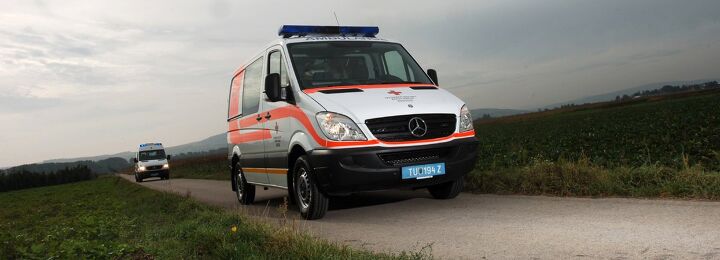
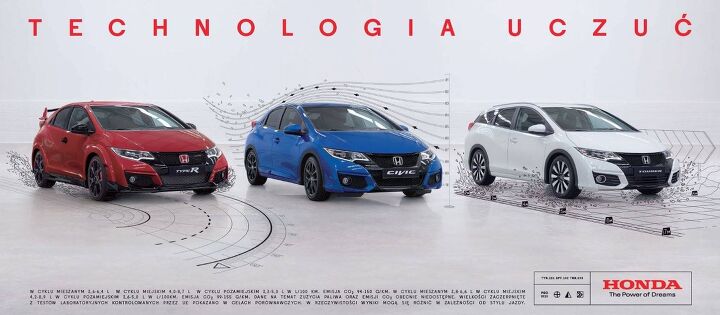
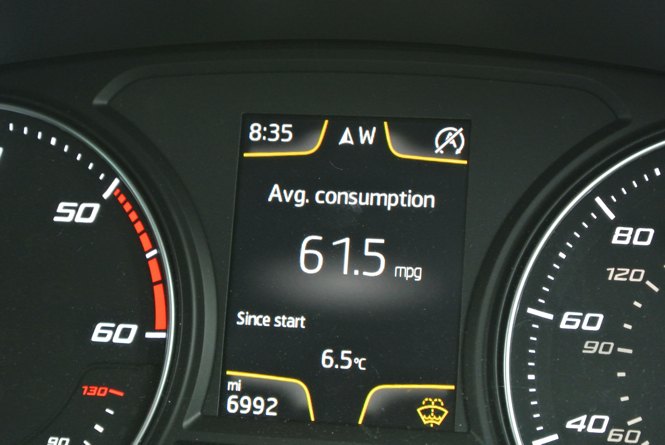
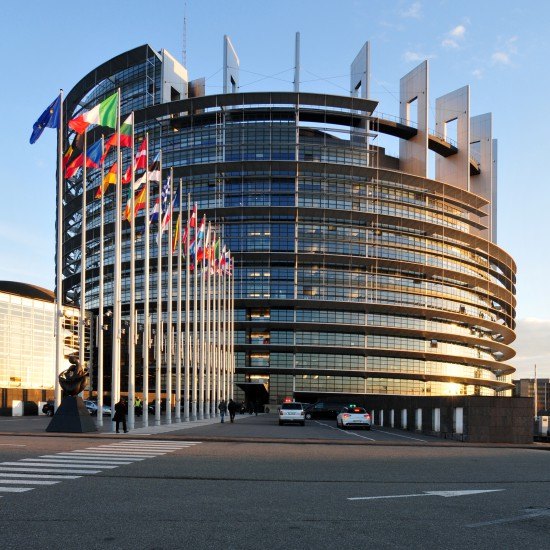


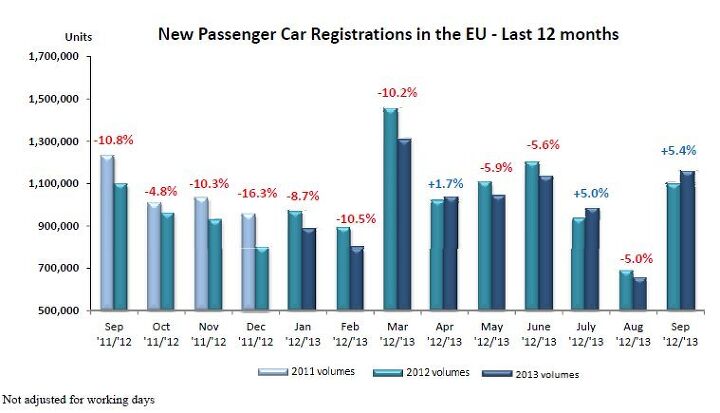
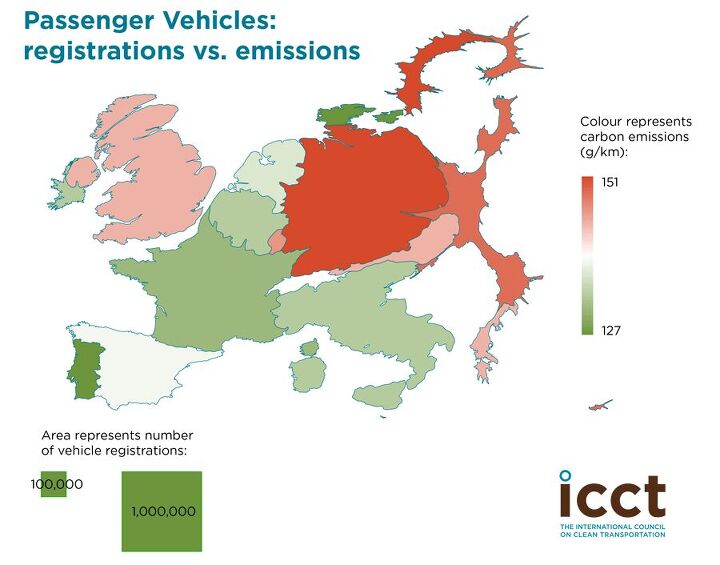
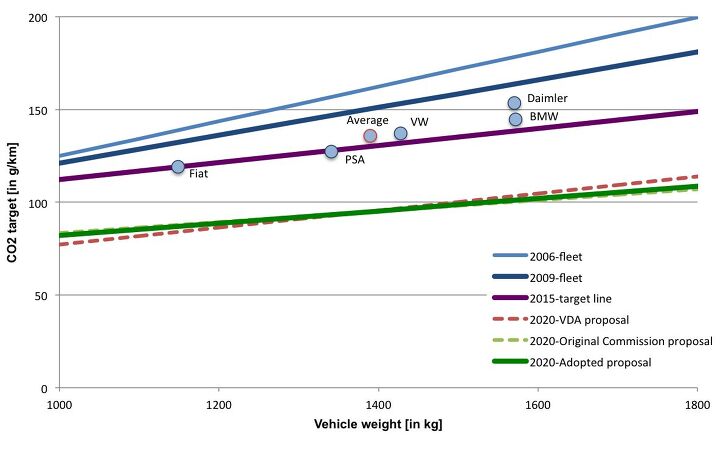


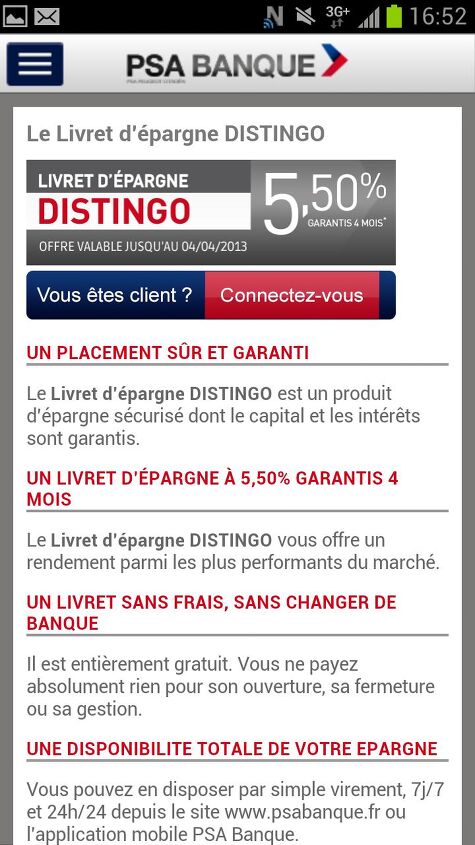













Recent Comments